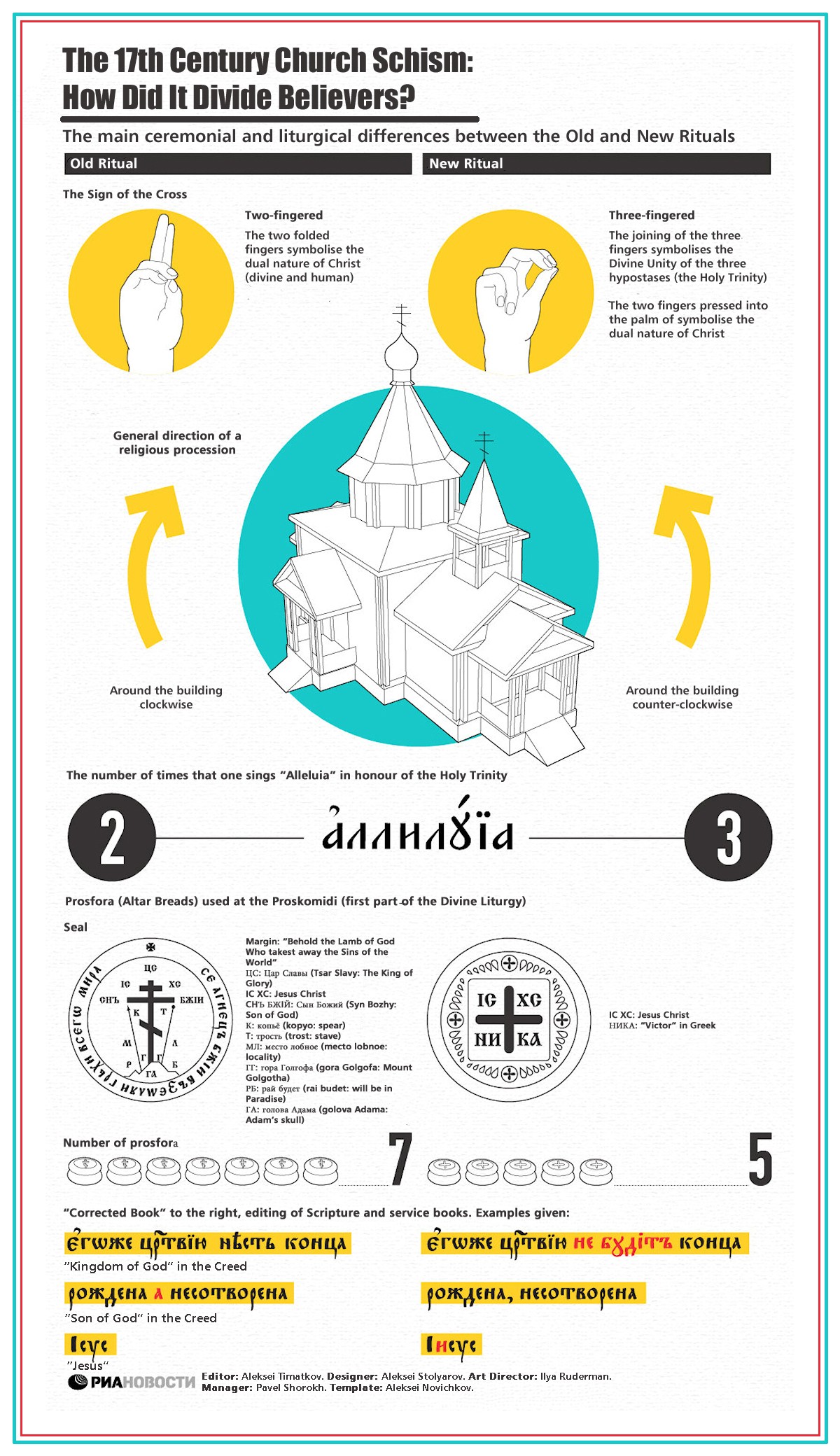Analyze The Interesting Trip Of Catholic Institutions And Their Significant Contribution To Education-- Could Their Practices Be Critical For Future Knowing?
Analyze The Interesting Trip Of Catholic Institutions And Their Significant Contribution To Education-- Could Their Practices Be Critical For Future Knowing?
Blog Article
Content Writer-McCurdy Cleveland
When you take into consideration the background of education, Catholic schools stand apart for their ingrained traditions and lasting impact. These establishments started as a way to impart faith and worths, yet they've adapted extremely over centuries. Today, they play an important role in shaping not simply academic success however also moral integrity. What's appealing is just how they've taken care of to thrive amidst transforming cultural landscapes, raising questions regarding their future importance and effect.
The Beginnings of Catholic Education And Learning: A Historical Viewpoint
Catholic education and learning traces its roots back over 1,500 years, when very early Christian communities recognized the demand for structured discovering. You'll discover that these neighborhoods aimed to hand down their faith and worths with education and learning.
Monasteries and cathedral schools came to be centers of understanding, supporting both spiritual and intellectual development. As you delve much deeper, you'll see that the educational program frequently consisted of philosophy, theology, and the liberal arts, made to develop well-rounded people.
Over time, the Church established more official institutions, making certain that education remained obtainable to all. The commitment to teaching ethical values and cultivating a sense of neighborhood has actually lingered with the centuries, forming the academic landscape and influencing numerous lives worldwide.
This long-lasting legacy continues to inspire Catholic education today.
The Advancement of Catholic Colleges Through Social Contexts
As cultures evolved, so did the duty of Catholic colleges, adapting to the cultural contexts in which they existed. In the early years, these establishments concentrated largely on spiritual guideline, but as neighborhoods branched out, they started to include local languages, personalizeds, and academic demands.
You would certainly observe that Catholic institutions usually came to be centers for social cohesion, promoting a sense of belonging among trainees from various backgrounds. In lots of areas, they addressed societal problems, such as destitution and discrimination, by offering available education for all.
As you discover different societies, you'll see how Catholic schools have actually moved their educational program and teaching methods, mirroring the values and difficulties of their atmospheres while remaining true to their foundational goal of faith and scholastic excellence.
The Modern Duty and Effect of Catholic Schools in Society
In today's globe, Catholic colleges play a vital duty in shaping not just the educational landscape, yet also the wider neighborhood.
You'll discover that these establishments highlight values like respect, empathy, and social justice, fostering well-rounded individuals that contribute favorably to culture. By concentrating on https://click4r.com/posts/g/21234835/a-lot-of-people-consider-how-catholic-education-supports-general-advan and ethical advancement, Catholic institutions prepare pupils for future difficulties, nurturing vital thinking and management skills.
They typically offer varied populaces, linking gaps in access to high quality education. In addition, you may notice their commitment to solution, motivating trainees to participate in community outreach and volunteer work.
This blend of education and moral advice makes Catholic colleges a considerable pressure, cultivating accountable citizens who can impact their areas for the better.
Verdict
In conclusion, Catholic colleges have a rich background that's formed their long-lasting impact on culture. Elementary Catholic schools In Grand Traverse County 've seen just how they've adapted to various cultural contexts while preserving a commitment to confidence, worths, and academic quality. Today, they remain to play a vital role in fostering community, promoting social justice, and nurturing liable people. As you review their heritage, it's clear that Catholic institutions stay an effective pressure for favorable modification on the planet.
